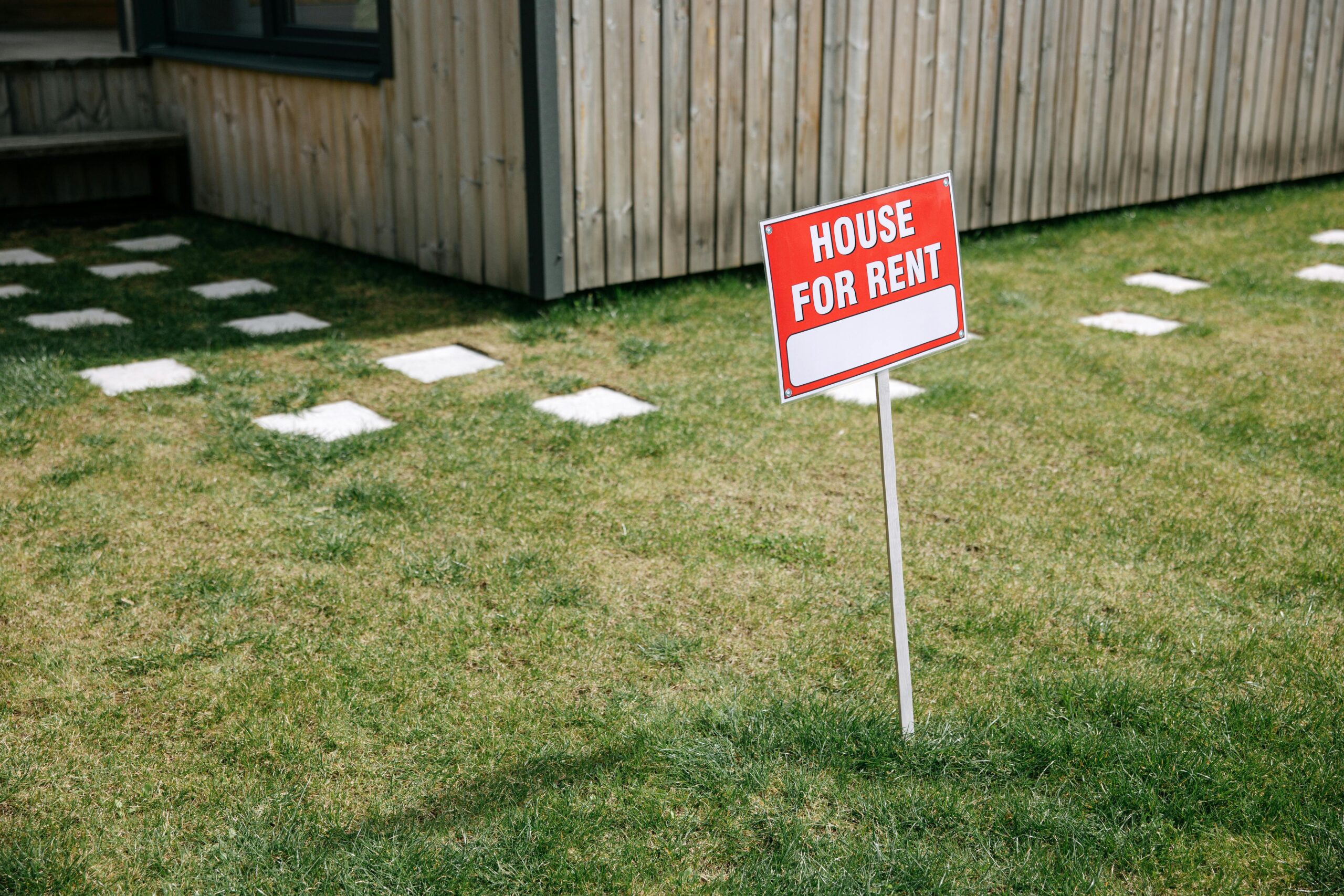
1. Reintroduction of 90-Day ‘No Cause’ Terminations:
- The government has decided to reintroduce the 90-day ‘no cause’ termination notice, which was previously removed.
- This will allow landlords to end a tenancy without needing to provide a specific reason, as long as they give the required 90-day notice.
2. Updated Landlord Notice Periods for Ending Periodic Tenancies:
- The notice period for landlords to end a periodic tenancy (a tenancy without a fixed end date) has been updated.
- Landlords will now need to provide 90 days’ notice to end a periodic tenancy, up from the previous 42 days.
3. Updated Tenant Notice Periods for Ending Periodic Tenancies:
- The notice period for tenants to end a periodic tenancy has also been updated.
- Tenants will now need to provide 42 days’ notice to end a periodic tenancy, up from the previous 21 days.
4. Compliance Time-frame for Kāinga Ora and Community Housing Providers:
- The time-frame for Kāinga Ora (formerly Housing New Zealand) and community housing providers to comply with the new RTA changes has been extended from 1 July 2023 to 1 July 2024.
5.Encouraging Landlords Back to the Rental Market:
- The government aims to encourage landlords to return to the rental property market through these changes, which they believe will provide more stability and certainty for both landlords and tenants.
6. Additional Property Sector Changes:
- Alongside the RTA changes, the government is also introducing updates to employment law and the property sector, including changes to property tax.
These upcoming changes to the Residential Tenancies Act in 2025 aim to strike a balance between the needs of landlords and tenants, while also encouraging more landlords to participate in the rental market. As a landlord, it’s important to stay informed about these changes and ensure that your rental property management practices are aligned with the new regulations.
If you have any further questions or need assistance navigating these upcoming changes, please don’t hesitate to reach out. I’m here to help you understand the implications and ensure your rental properties are managed effectively.




